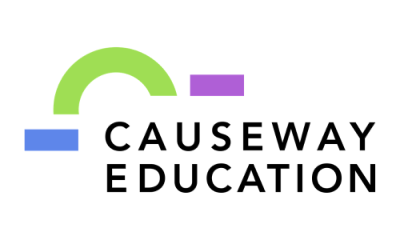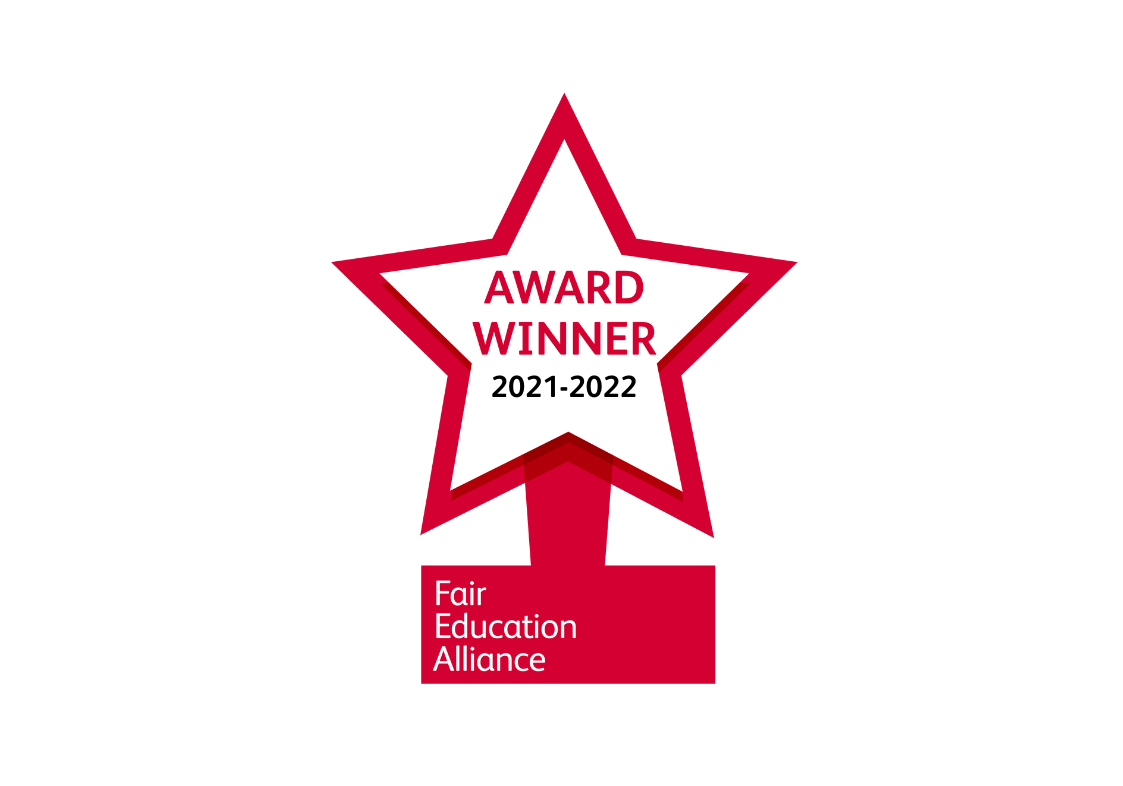Three surprising ways the current admissions system helps students facing barriers
/Following on from our previous coverage of the PQA debate, we’re thrilled to host this guest blog by Claire Rodin, Assistant Headteacher and Head of Sixth Form at a comprehensive school in South London. Claire has been teaching and supporting students applying to university for over ten years and brings an invaluable perspective on some of the less obvious ways the current admissions system supports those facing barriers to higher education.
The university admissions debate shows no sign of reaching a consensus. For those in favour of post-qualification admissions, the rationale is centred on predicted grades. They argue that inaccurate predicted grades are one of the main drivers of inequality for disadvantaged pupils and so, by removing the element of prediction, the system will be fairer for all.
That may sound desirable, but if we scrap the current pre-qualification process entirely, then I am concerned that post-qualification admissions would in fact worsen inequality. The proposed system seems to work on the basis that the university application process is merely about matching students’ grades to courses. But, as anyone who advises young people knows, the current process encompasses much more than that.
Much of the debate ignores or underestimates the time, work, and effort that occurs before students finalise their offers and which plays a key role in mitigating disadvantage. In this article I’ll identify three of the less obvious ways in which the current process provides better outcomes for disadvantaged pupils.
Personal statements drive engagement
The proposed new system dispenses with personal statements. However, for lots of students, the personal statement is the catalyst for their super-curricular exploration in preparation for university.
Currently, young people know that from the beginning of sixth form they will need to produce an academic statement to progress to higher education. The personal statement acts as a driver for their engagement with wider reading, attending lectures, and acquiring work experience. It stops students being passive in the process, as they must do the work to be able to make a high-quality application. Without the personal statement, far fewer students would reflect on their skills and experiences and be motivated to go the extra mile.
The personal statement is also a crucial tool for allowing students to make meaningful course choices. Causeway have found that around 10% of their mentees changed their course choice in the process of drafting their statements. If this is removed, I worry that students may be more likely to choose an unsuitable course and the drop out rates for university courses will increase.
The current university application process works because there are deadlines which must be met. Without the framework provided by the current deadlines, there will be students who will wait until results day to do any research or think about their future steps. For our most disadvantaged young people, the personal statement provides a platform for intellectual curiosity and an opportunity to form a relationship with higher education institutions ahead of results day.
If there is no personal statement, there will be lots of students making less informed, less measured decisions which is a poor foundation for a higher education journey. Disadvantaged students should be given more opportunities to engage with institutions, not have the option removed altogether.
Time is important
A post-qualification application process at the end of the academic year positions the application process as an add-on or after-thought for students.
Applying to university is a huge life decision for young people and one that relies on lots of information. The bulk of this guidance comes from teachers and advisers. Shifting the application to the summer is troubling because students will receive less support. Young people will be making one of the biggest decisions of their lives without expert guidance. This then pushes the emphasis on to familial support, which means that the most disadvantaged students may already be on the back foot.
A post-qualifications admissions process means there is no safety net, no time for bad advice to be countered, and no time for myths to be dispelled. I know that some of my most impactful work has occurred during passing conversations with students about their applications. I think of the student who was told by a family friend that the teaching at a top university was ‘no good’ and he ‘shouldn’t bother’. It was only after calling his parents, who told me they did not know anything about universities in the UK, that I was able to explain to them how prestigious an institution it was, and what a fantastic opportunity their son might have unnecessarily turned down. If this had been after results day, it is very likely that this conversation would never have occurred.
Many of the new proposals for post-qualification admissions are unrealistic in that they assume that hours of guidance and reflection can be distilled down into a week or an afternoon. With such an approach, factoring schools out of the process and leaving students to make applications alone will only widen the gap of inequality.
Offers often mean hope
Another glaring omission from the discussion is what an offer from a university can represent to a student. Until an offer comes through from a university, the concept of attending university remains an abstract one for many students. Once students have received communication directly from a university, they can start to plan for their futures.
For our most vulnerable students, this is incredibly powerful. It gives stability and hope. I taught a student who had no family, was preparing to leave care and had lived her life with enormous uncertainty and instability. Once she received her offers, she could do something she hadn’t been able to before: plan. It is no exaggeration to say that those offers acted as a lifeline for her and I worry about a system where that is taken away.
It is not just the students who will be impacted by this, it is also their families. For many young people, they will be taking steps that no one in their family has previously taken, whether it is being the first to attend university, the first to leave their hometown, or the first to study a particular course. The current framework gives everybody enough time to mentally prepare for this new stage.
There are also benefits at a community level. At our school, there is a huge sense of pride in the offers our students receive and we mark this in several ways, one of which is our Christmas assembly. We invite every Year 13 on stage and announce their university offers and courses. The whole school watches this and applauds their achievements. It is invaluable in raising the aspirations of all the students in our school. They are exposed to courses and universities that they may have never heard of. If we move to a post-qualification admissions process where students receive offers only after leaving school, we are depriving school communities of seeing the final piece in the puzzle of their education experience.
It is important for underrepresented students to be able to see themselves as capable of attending university and taking away offers will make this much harder.
Of course we need to continue to create more ways to mitigate against inequality in outcomes for our young people, but I think that our current framework should be built on, rather than scrapped. As I have outlined, predicted grades are only a small part of the current two-year application process and overhauling the entire process without this broader perspective means that any new system could actually harm the very students it proclaims to help.






